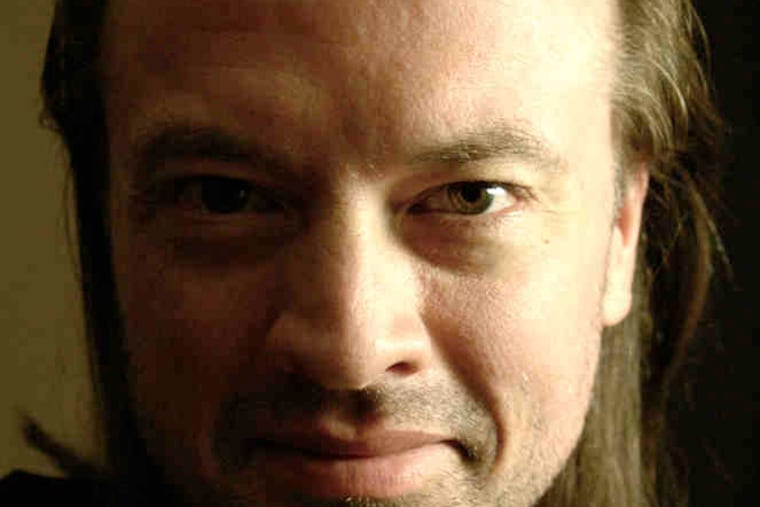Beethoven, Stravinsky: Uneasy duo
The works, one outgoing, the other inward, failed to complement each other.

Some music is too much itself to share the stage comfortably with anything else. Two such works, Stravinsky's
Symphony of Psalms
and Beethoven's
Symphony No. 9
, met at Verizon Hall during Thursday's Philadelphia Orchestra concert, stared each other down, and retreated to their respective spheres without complementing each other in the least.
In this cheek-by-jowl era when half your life is mushed into your iPhone, maybe life and art don't need to hang out together. The two pieces stood well enough on their own, thanks to good-to-excellent performances, but without the qualities that might flatter each other, the pieces seemed more strange than usual, as well as vulnerable to less-than-admiring scrutiny.
Next to Beethoven's extroverted exaltation, Stravinsky's cerebral religiosity seemed to have so few antecedents as to border on extraterrestrial. Yet the music is so well-written for voices and orchestral forces that, in comparison, Beethoven seemed contradictory by welcoming all of humanity but doing so by torturing sopranos with merciless high vocal writing.
Of course, Beethoven won the day - the finale is unbeatable - even though the orchestra seemed distracted (let's not guess why), especially in spots when instruments should ricochet off one another. Emphatic rhythms can cover many sins, but chief conductor Charles Dutoit had a subtle and more exposed approach, with blended percussion propelling the music from the inside.
Beethoven's fierceness often trumps any orchestra's distinctive timbre. But Dutoit highlighted upper-register details with a lightness and delicacy that contrasted effectively with the bristling lower voices. However welcome, that layering came and went. The slow movement had good moments but lacked long-term concentration that creates a strong through line.
The Philadelphia Singers Chorale transcended the vocal challenges from its first entrance, embodying the piece's spirit so completely that vocalists seemed to lead the orchestra to glory. One can never expect a lot from the vocal soloists in this piece (even a quartet headed by noted soprano Melanie Diener), due to vocal writing that just doesn't accommodate blend. The fact that bass soloist Nathan Berg got through the piece without barking put him ahead of many predecessors. The audience left happy, but the performers owed the symphony more special attention than it received.
In Stravinsky, the 100-plus Philadelphia Singers would seem to be a bit large: The composer favored pale-sounding forces that would act as an emotionally neutral messenger of his psalm settings. As he did in his excellent Oedipus Rex performance, Dutoit favored robust sonorities, though the big choral sound worked thanks to clean, lower-vibrato sonorities. Climaxes were bigger. Valleys were steeper.
Stravinsky might not have approved. But his lifetime was spent simply getting the right notes in the right places. Now that his music is so much a part of our terrain, it can mean many things and be heard different ways.
Additional performances: